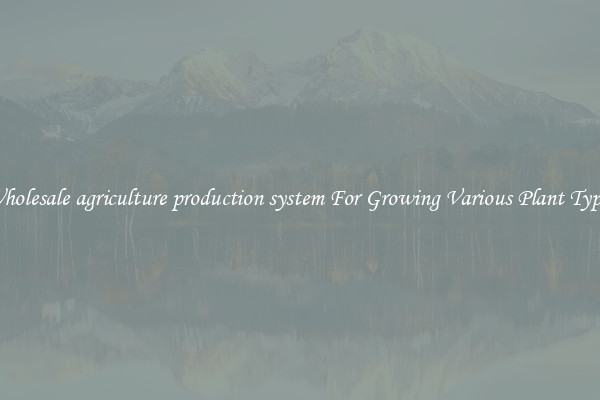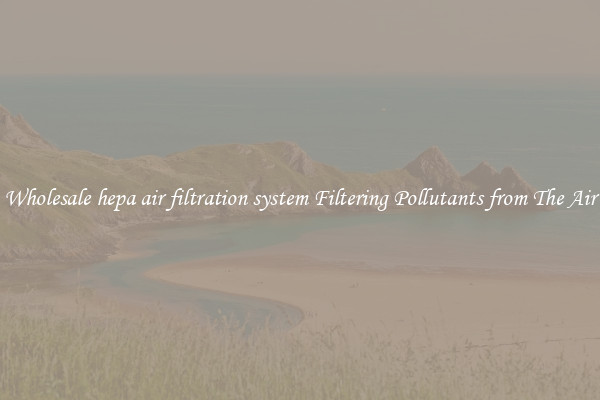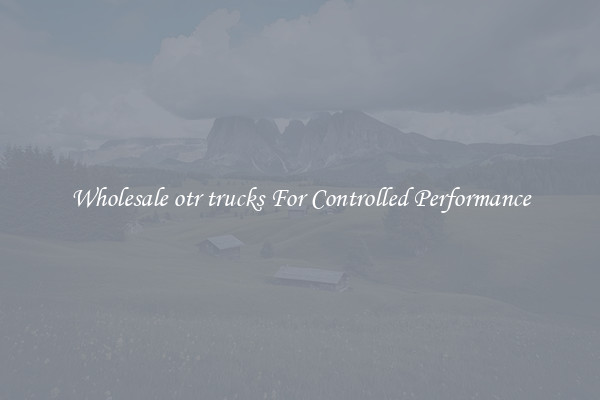Wholesale agriculture production system For Growing Various Plant Types
Wholesale agriculture production systems have revolutionized the way plants are grown, providing a cost-effective and efficient method for farmers to produce various plant types on a large scale. This system has greatly benefited both farmers and consumers, as it allows for increased productivity and ensures a steady supply of high-quality produce throughout the year.

One of the main advantages of a wholesale agriculture production system is the ability to produce a wide variety of plant types. Whether it is fruits, vegetables, or herbs, this system allows farmers to easily grow and harvest different types of plants, catering to the diverse demands of consumers. By using advanced technology and modern techniques, farmers can create optimal conditions for plant growth and yield, resulting in healthy and nutrient-rich produce.
Additionally, wholesale agriculture production systems enable farmers to grow plants in large quantities, ensuring a consistent supply of fresh produce to the market. This is particularly important for commercial farmers and suppliers who need to meet the increasing demand for fruits and vegetables. With this system, farmers can maximize their output and minimize the risk of crop failure, thus providing a stable and reliable source of agricultural products.
Another key aspect of wholesale agriculture production is its cost-effectiveness. By growing plants on a larger scale, farmers can reduce per-unit costs and achieve economies of scale. This allows them to offer competitive prices to consumers while maintaining profitability. Moreover, wholesale agriculture production systems often incorporate efficient practices such as automated irrigation, precision planting, and advanced pest control methods, further reducing costs and increasing overall productivity.
Furthermore, wholesale agriculture production systems contribute to environmental sustainability. Through the use of advanced technology, farmers can optimize resource utilization, reducing water and fertilizer wastage. Additionally, these systems often incorporate sustainable farming practices such as crop rotation and integrated pest management, promoting soil health and biodiversity. By minimizing the environmental impact of agriculture, wholesale production systems ensure the long-term viability of farming and preserve natural resources for future generations.
In conclusion, wholesale agriculture production systems have revolutionized the way plants are grown, providing farmers with a cost-effective and efficient method for growing various plant types. This system allows for increased productivity, a consistent supply of high-quality produce, and cost savings for both farmers and consumers. Moreover, it promotes environmental sustainability by optimizing resource utilization and incorporating sustainable farming practices. As the demand for fresh produce continues to grow, wholesale agriculture production systems play a crucial role in meeting these demands and ensuring food security for communities worldwide.

View details

View details

View details

View details








